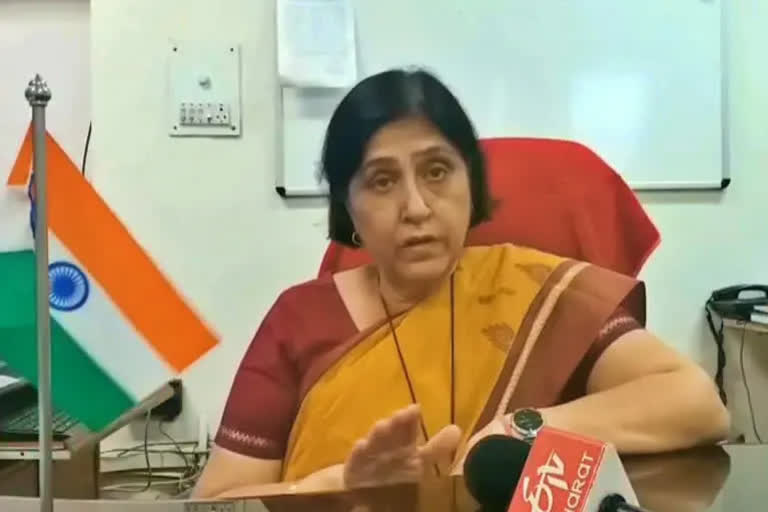New Delhi: Even two consecutive meetings of the National Technical Advisory Group on Immunization (NATGI) yield no consensus over booster dose, experts from India's heath domain seems to have differences of opinion regarding booster dose.
Some health experts and academicians suggest that government should ensure at least one dose to all eligible people before taking a final call on booster dose. Other experts, however, opined that frontline health care workers and vulnerable populations should get the booster dose first.
Talking to ETV Bharat, President of the Indian Association of Preventive and Social Medicine (IAPSM) Dr Suneela Garg said that it is necessary to ensure at least one side of the vaccine to the eligible population.
"Studies till date indicate that our present two vaccines can fight the Covid19 variants and as the government says, it's very urgent to complete one dose of vaccines to our entire population," said Dr Garg.
She highlighted that a large chunk of the Indian population already got natural immunity. "A large number of people suffered in the second wave automatically getting antibodies and after vaccination, their immunity got a boost," said Dr Garg.
"Our priority should be vaccinating the rest of the population. We should also think about where we can send vaccines and where it is needed," said Dr Garg and added, "Government is at the same time examining on the booster dose."
Sources in the Health Ministry told ETV Bharat that ensuring one dose of the Covid19 vaccine was the major issue over which the NTAGI members have emphasised.
Minister of State for Health and Family Welfare Dr Bharati Pravin Pawar said that while there is no evidence to suggest that existing vaccines do not work on Omicron, some of the mutations reported on the Spike gene may presumably decrease the efficacy of existing vaccines.
"Vaccines are expected to provide protection against severe disease and vaccination with the available vaccines is crucial," said Dr Pawar.
"The recent emergence of the Omicron variant emphasizes the importance of vaccination, booster, as well as prevention efforts to protect against Covid19," said Dr Tamorish Kole, president of Asian Society of Emergency Medicine.
